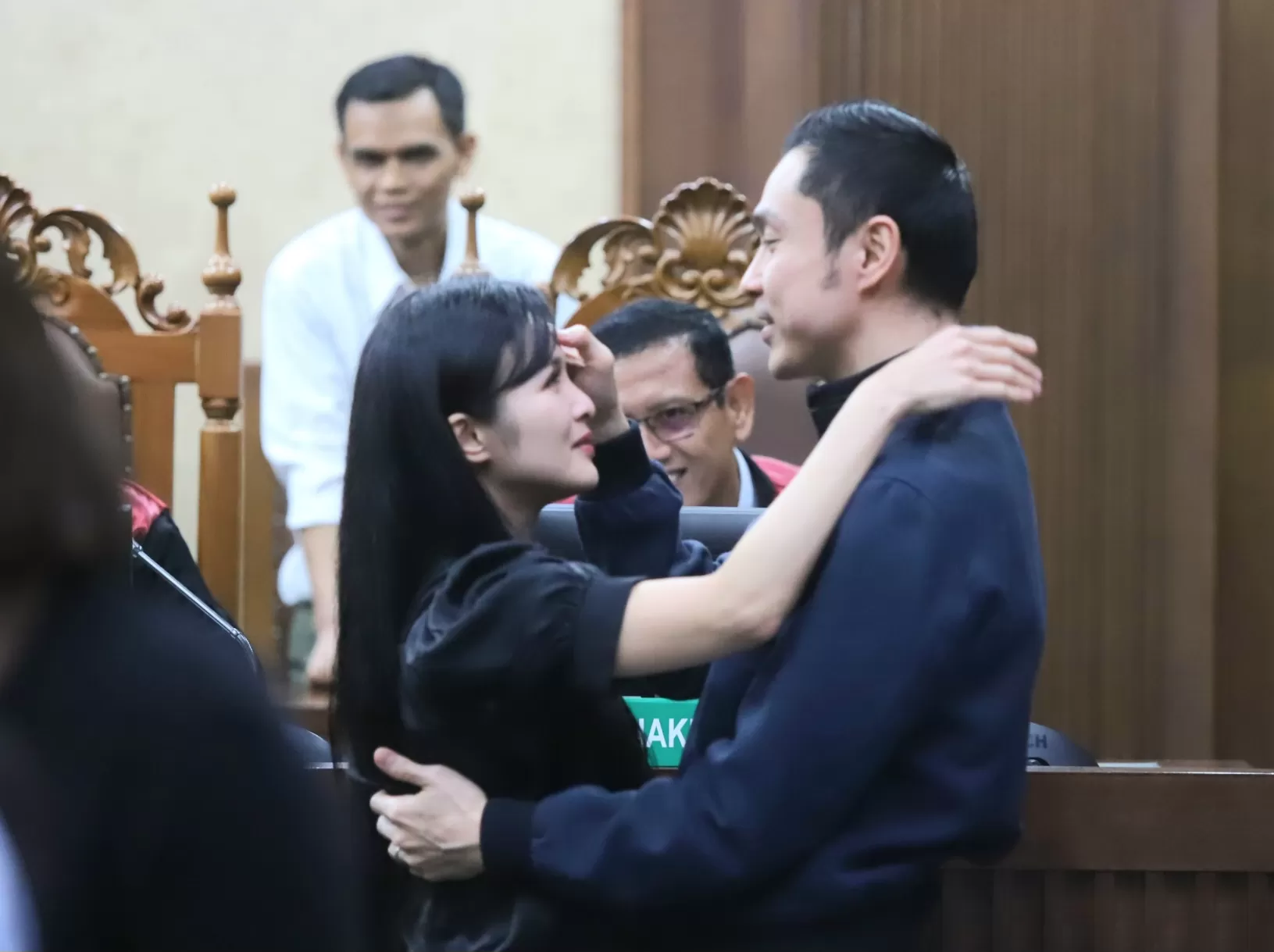The Provincial Government of DKI Jakarta, through the Health Service (Dinkes), has confirmed that Harvey Moeis, a convicted figure in a corruption case, and his wife, Sandra Dewi, have been recipients of the Penerima Bantuan Iuran (PBI), or the Health Insurance Contribution Assistance, under the BPJS Kesehatan program since 2018. This revelation has sparked significant attention, as it highlights the inclusive nature of Jakarta's health coverage policy, which aims to ensure health access for all residents, irrespective of their socio-economic background.
Universal Health Coverage (UHC) and Jakarta’s Health Policy
According to Ani Ruspitawati, the Head of the DKI Jakarta Health Service, both Harvey Moeis and Sandra Dewi have been part of the Universal Health Coverage (UHC) initiative, which aims to provide health insurance to the entire population of Jakarta. Under this program, residents of Jakarta are registered for the BPJS Kesehatan, which provides access to public health services without financial barriers.
The initiative was part of a broader policy under the Regulation of the Governor (Pergub) Number 169/2016, which sought to accelerate UHC in Jakarta. From 2017 to 2018, the DKI Jakarta Provincial Government focused on registering at least 95% of its population for the Jaminan Kesehatan Nasional (JKN), ensuring that everyone, regardless of economic status, had access to basic healthcare services.
PBI Program: Ensuring Access for All
As part of the PBI program, Harvey Moeis and Sandra Dewi were eligible for free health insurance premiums paid for by the Jakarta Provincial Government. The program targets individuals who meet specific administrative criteria, such as being a resident of Jakarta and agreeing to be enrolled in the Class 3 tier of the health service. This program is essential in ensuring that the city’s vulnerable populations are covered, providing financial protection and healthcare access to those who cannot afford regular health insurance premiums.
Adjusting the PBI Database for Accuracy
Since 2020, the DKI Jakarta Health Service has been refining the list of PBI APBD recipients to ensure that assistance reaches those who genuinely need it. Efforts have focused on integrating the low-income population into the PBI JK segment, which is funded by the central government. This integration has been part of Jakarta’s broader push for health insurance accuracy and efficiency, making sure that the PBI program is tailored to the right demographic.
Furthermore, the “Mandiri itu Keren” campaign has been launched to encourage those who are financially able to pay for their premiums independently. This move is part of a wider policy to make health insurance more sustainable and inclusive for all residents of Jakarta.
Ensuring Fairness and Transparency in Health Coverage
Ani Ruspitawati also noted that the revised Peraturan Gubernur (Pergub) No. 46/2021 aims to adjust the eligibility criteria for PBI APBD, ensuring that the benefits are utilized by those who need them most. The ongoing revisions and improvements to the system are focused on justice and transparency, ensuring that health coverage is provided fairly and effectively.
With the collaboration between the provincial government, BPJS Kesehatan, and the public, Jakarta is moving closer to its goal of achieving equitable healthcare access for all its residents, irrespective of social status or financial standing.
Conclusion: A Commitment to Health for All
The inclusion of Harvey Moeis and Sandra Dewi in the BPJS Kesehatan PBI program underscores the broad scope of the Jakarta health coverage initiative, which strives to ensure that healthcare is a right, not a privilege. Jakarta's efforts to provide Universal Health Coverage (UHC) and improve the BPJS program highlight its commitment to creating a fair and just system, where all residents, regardless of their financial means, have access to the health services they need.
Read More






 Thursday, 05-02-26
Thursday, 05-02-26







